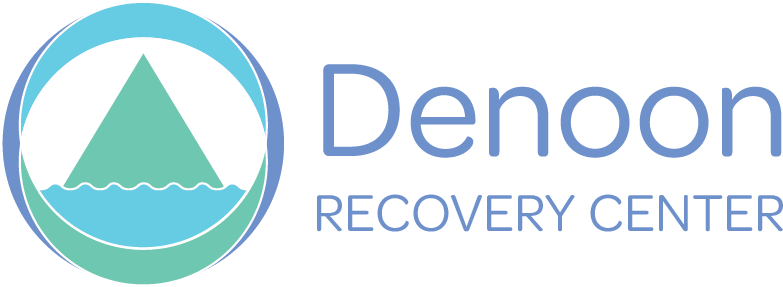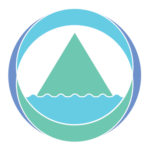Addiction is a national epidemic. It is considered a chronic, progressive condition, meaning that symptoms will worsen over time if left unaddressed. This disease affects your brain and behavior; over time, you may notice that your life has changed significantly to protect and preserve your substance use. Lying, spending large amounts of money, and drinking or using to escape physical or emotional pain become commonplace. The Addict Self Test below will help you learn to identify the signs of addiction and know when it’s time to seek help.
If you’re worried about your drinking or drug use, it may be a sign that you have a substance use disorder. Certain behavioral, physical, and emotional symptoms can help you to figure out whether you have crossed from frequent substance use into addiction.
Addiction creates changes in the brain, which means that you will behave differently. Over time, the reward system is rewired to seek drugs or alcohol.
If you’re concerned about your substance use, we recommend that you take our quick addict self-test below.
Signs & Symptoms: Addict Self-Test
- Are you unable to control your substance use?
- Do you experience cravings for alcohol or drugs?
- Have you abandoned responsibilities or commitments?
- Do you feel guilty or ashamed of your substance use?
- Have you failed to meet standards at work or school?
- Do you turn to drugs or alcohol when you feel upset, depressed, or angry?
- Have you experienced changes in appearance, including significant weight loss?
- Are you unable to abstain from drugs or alcohol for days or weeks at a time?
- Has your substance use caused troubles with the law, such as DUIs or arrests?
- Do you misuse prescription drugs, forage scripts, or visit multiple doctors for prescriptions?
- Do you drink or use drugs alone?
- Do you lie about your substance use?
- Have you lost your job because of drinking or drugs?
- Do you often feel preoccupied by thoughts of drugs and alcohol?
- Have friends, co-workers, or family members complained about your behavior?
- Has your substance use caused friction in your relationships?
- Do you experience withdrawal symptoms when you don’t drink or use?
- Have you developed a tolerance (needing more of a substance to feel the same effects)?
- Do you engage in risky behavior (driving under the influence, sharing needles, stealing)?
- Have you tried to cut back or stop your substance use?
If you would like to speak confidentially with one of our admissions counselors, please contact us now.
The National Institute on Drug Abuse also has more information available on addiction science and news.


